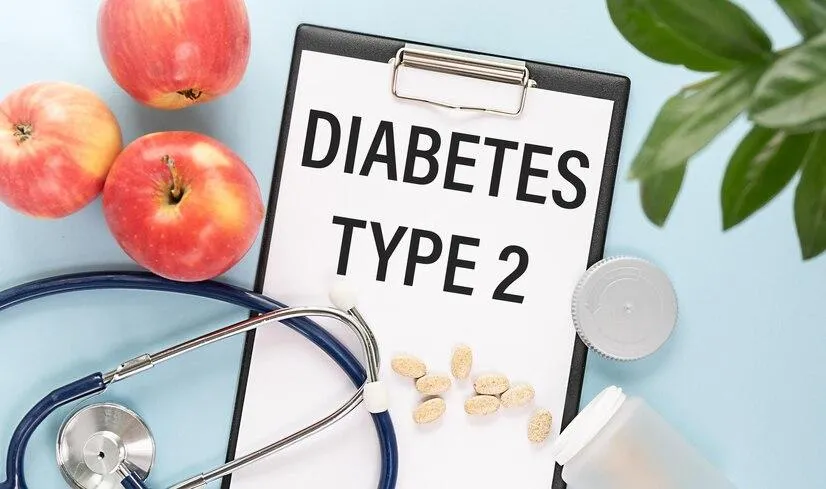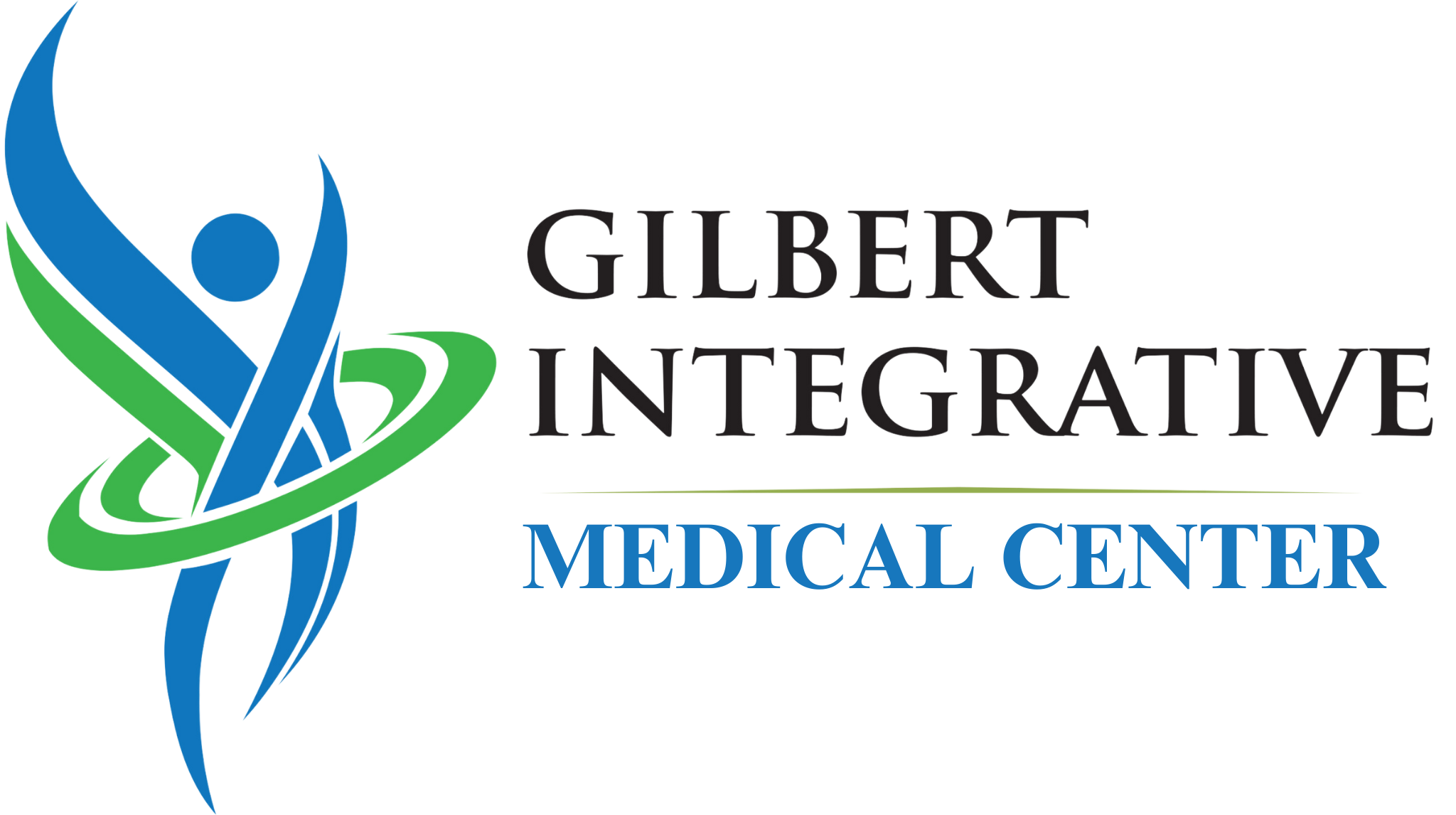
BLOGS

Top 10 Lifestyle Changes to Manage Type 2 Diabetes Naturally
Controlling type 2 diabetes necessitates a sophisticated approach that includes crucial lifestyle modifications in addition to medication. These advancements help manage blood sugar levels and significantly boost prosperity and general well-being. A comprehensive approach to managing type 2 diabetes regularly includes controlling one's calorie intake, finding safety in regular exercise, maintaining a healthy weight, monitoring blood sugar levels, staying hydrated, controlling stretch, avoiding tobacco and limiting alcohol use, focusing on routinely scheduled helpful check-ups, seeking advice and Support, and practicing consistent self-care. For those living with diabetes, every modification to type 2 diabetes lifestyle has a significant impact on improving affectability, avoiding complications, and enhancing personal satisfaction.
To know more about diabetes specialist Arizona, consult with experts at Gilbert Integrative Medical Center.
1. Embrace a Balanced Diet
A modified diet is essential for managing type 2 diabetes as it directly impacts blood glucose levels and overall well-being. Incorporate a variety of nutrient-dense foods such as whole grains, lean proteins, fruits, vegetables, and healthy fats. Avoiding refined sugars and sweet foods helps stabilize blood sugar levels throughout the day. Portion control is also crucial for maintaining a healthy weight and overall health. Consulting with a registered dietitian can provide personalized advice on meal planning and carbohydrate management, empowering individuals to make informed food choices that support diabetes management. To know more about type 2 diabetes insulin, consult with experts at Gilbert Integrative Medical Center.
2. Regular Exercise Routine
Engaging in high-impact activities such as brisk walking, cycling, or swimming for at least 150 minutes per week improves cardiovascular health and promotes weight management. Additionally, incorporating strength training exercises several times a week helps build muscle mass, which aids in glucose metabolism. Regular physical activity not only supports weight loss and overall well-being but is also a crucial component of diabetes management. Starting a fitness program with guidance from a medical professional ensures safety and effectiveness tailored to an individual’s health status and personal goals.
3. Maintain a Healthy Weight
Redundant body weight increases the hedge to entry and destroys cells' capability to use glucose efficiently. A small amount of weight loss can help improve glucose guidelines and reduce affectability. Changing your eating routine to incorporate more calories and good fats is one of the critical techniques for controlling your weight. Examining package components, practicing mindful eating, and refraining from overindulgent eating can all contribute to long-term weight maintenance. Experts in medical services can provide appropriate guidance on the most effective way to determine a stable weight, considering each person's financial situation and the kind of diabetes the gold medalists have.
4. Monitor Blood Sugar Levels
For those who have type 2 diabetes, discussing blood sugar scenarios is crucial to comprehending how plans, decisions made in life, and other elements impact blood sugar scenarios. Provides financial assistance for healthy lifestyle modifications advised by qualified experts, such as reducing food intake, working out, and using medication to keep blood sugar levels within goal ranges. Both continuous glucose monitors (CGMs) and tone-observing blood glucose monitors (SMBG) bias provide essential information that enables individuals to make knowledgeable decisions about their diabetes treatment. Frequent monitoring lowers the risk of short-term confusion and long-term issues related to poorly managed diabetes, as well as hypo- and hyperglycemia.
5. Stay Hydrated
For people with type 2 diabetes, staying adequately hydrated is essential as it supports kidney function, aids in digestion, and directly impacts blood glucose levels. Maintaining proper hydration helps prevent dehydration, which can worsen diabetes-related symptoms. Choosing water over sugary beverages reduces calorie intake and enhances overall health. Following fluid intake recommendations based on individual needs, activity levels, and environmental factors ensures optimal hydration. Healthcare providers can offer guidance on maintaining proper hydration and replenishing lost fluids, forming a crucial part of a comprehensive diabetes management plan.
6. Manage Stress Effectively
For those with type 2 diabetes, effective stretch organization is essential since push chemicals can raise blood glucose levels and obstruct diabetes management. Deep breathing, meditation, and yoga are examples of relaxing techniques that help reduce stress and promote prosperity. Aside from practical push organization techniques, maintaining a modified diet and emphasizing pleasurable rest is also essential. Creating a support system from friends, family, or backpacks provides valuable assistance during trying times. Providers of medical services might give extra tools and protocols for handling push as part of a comprehensive approach to diabetes management.
7. Quit Smoking and Limit Alcohol Consumption
Giving up drinking and quitting smoking are two fundamental lifestyle changes that can reduce clutter and improve day-to-day success in individuals with type 2 diabetes. Smoking increases the risk of stroke, cardiovascular disease, and nerve injury—all of which are steadily rising among people with diabetes. Giving up smoking ultimately improves lung function and blood circulation, promoting cardiovascular health and lowering the risk of complications from diabetes. Illogical alcohol consumption can also worsen blood sugar control and increase weight gain. Setting targets for alcohol affirmations based on levels maintains stable blood glucose levels and similarly advances success. Presidents and clinical benefit providers can offer additional pushes, guidance, and support to individuals trying to give up smoking or reduce alcohol use because diabetes may be a factor.
8. Prioritize Regular Medical Check-ups
For those with type 2 diabetes, routine medical examinations are crucial to monitor blood glucose levels, assess overall well-being, and detect complications early. Healthcare providers perform physical exams, blood tests, and screenings to evaluate kidney function, nerve health, cardiovascular health, and diabetes management. Regular check-ups allow for necessary adjustments to treatment plans and preventive measures to address potential issues. During these appointments, medical professionals provide guidance on diabetes management, lifestyle changes, medication adherence, and preventive strategies. Building a collaborative relationship with healthcare providers ensures comprehensive diabetes management and supports long-term health and success.
9. Educate Yourself and Seek Support
For people with type 2 diabetes to understand their health, manage their diabetes realistically, and make informed decisions about their financial future, they need Support and guidance. Increasing knowledge about diabetes causes, consequences, risk factors, and treatment options enables people to demand a unique role in their diabetic organization; for those looking into diabetes care, medical service providers, diabetes instructors, and backpacks give helpful materials, guidance, and Support. Giving peers firsthand accounts in backpacks or online social gatherings provides diabetes organizations with energizing Support, tried-and-true advice, and inspiration. Seeking advice and assistance improves daily prosperity, redesigns diabetes self-care abilities, and fosters fearlessness.
10. Practice Consistent Self-Care
For those with type 2 diabetes, consistent self-care is essential for optimal health, blood sugar control, and complication prevention. Establishing daily routines for medication adherence, glucose monitoring, healthy eating, physical activity, and stress management promotes consistency in diabetes management. Planning meals, scheduling medical appointments, and prioritizing relaxation contribute to overall well-being. Developing strategies to cope with diabetes-related challenges and setbacks fosters resilience and encourages long-term commitment to healthy lifestyle choices. Making self-care a central part of daily life enhances self-esteem, improves quality of life, and supports effective diabetes management.
The Bottom Line
Lifestyle changes for diabetes type 2 to promote overall prosperity, advance glucose management, and lessen the risk of confusion are critical to managing type 2 diabetes. A comprehensive approach to managing diabetes involves understanding a modified calorie count, safety precautions during regular exercise, maintaining a healthy weight, monitoring glucose levels, staying hydrated, managing stretch, avoiding tobacco and limiting alcohol use, concentrating on routine supportive check-ups, seeking advice and reinforcement, and practicing consistent self-care. By integrating these lifestyle modifications into systematic plans and collaborating with healthcare professionals, people with type 2 diabetes can attain unparalleled financial outcomes, enhance their sense of fulfillment, and prosper in managing their illness in the long run. To know more about how to manage diabetes, talk to experts at Gilbert Integrative Medical Center.
Welcome to Gilbert Integrative Medical Center, your trusted source for comprehensive diabetes care in Arizona. Request an appointment online or by phone today.
Contact Us
Email: support@gilbertimc.com
Address:
2451 E Baseline Rd #100
Gilbert, AZ 85234
Phone Number:
Stay Connected:
Visit Us
Contact Us
Email: staff@wellness1stimc.com
Address:
2451 E Baseline Rd #100
Gilbert, AZ 85234
Phone Number:
Copyright 2024 . All rights reserved



